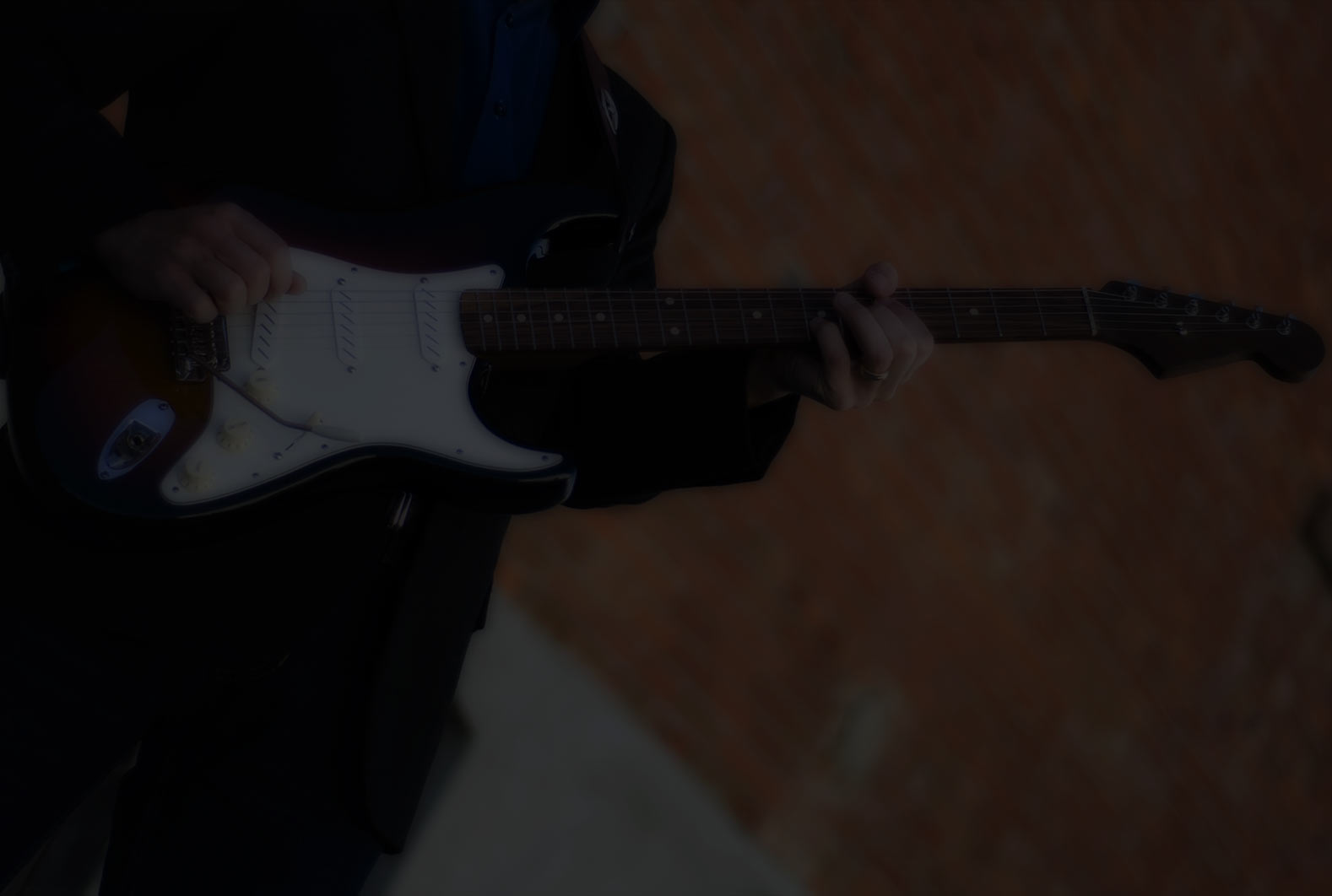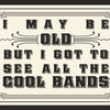This is a nice read:
Video killed the radio star, but who slayed the guitar hero? The Federalist’s Emily Jashinsky recently wondered if the Grammys presaged a comeback for the electric guitar. This may seem an odd question, because guitar is not dead. It is not dying. Many pop artists, and even some rap acts, have guitars and basses backing them even if they do not play themselves. Beyoncé has a guitarist.
What has declined is the popularity and cultural cache of the guitar hero, who was defined by his (or in a few instances, her) guitar playing. Today’s biggest acts may deploy electric guitars, but they are not defined by them. Guitar is an optional extra, and an artist like St. Vincent playing at the Grammys does not change this. She is a competent guitarist, but that is not essential to her music. Even though she has her own signature guitar, she could continue her career without touching the instrument again—a neat encapsulation of the state of guitar in music today.
Jashinsky concludes that the prospects for a guitar revival are ambiguous: “all the electric guitars at this year’s Grammys may well amount to nothing more than a blip” or “they just might be an indication the guitar hero is slowly coming back into fashion with younger listeners.” This raises the questions of how guitar heroes might return to prominence, and whether we should care if they do.
Guitars Go Through Popularity Cycles
In answering, it may help to recall that guitar has been here before. The instrument has returned to its roots by fading into the background and becoming part of the band, as it was before electric guitars were used to overdrive amplifiers into gloriously harmonic distortion, thereby making guitarists the stars of the show.
For a few decades, rock thrived as guitar heroes sought to one-up each other and push the limits of their instrument and genre. But radio-friendly rock and danceable pop paired poorly with the increasingly technical displays of guitar heroes—Van Halen may be the archetype of guitar brilliance shackled to otherwise adolescent music. Guitar virtuosity had an uneasy relationship with much of rock, and hip-hop eventually ended rock’s dominance of popular music.
Nonetheless, rock and metal are still around, albeit diminished, and other music made with guitars remains popular. Country is filled with guitarists, and is as electric-friendly as it has ever been. Praise and worship music has an (over-) abundance of guitars. But these genres do not dominate the musical scene the way rock once did, nor do they fetishize the virtuosity of guitar heroes.
The market for guitar wizardry is much smaller than the market for songs with guitars in them. The guitar hero is dead, long live guitar. Many more people want to listen to Taylor Swift sing about love and breakups while occasionally strumming a guitar than want to listen to guitar grandmasters like Vai, Satriani, Petrucci, and Govan (if your response to those names was “who?” then—precisely).
Still, those of us who love guitar as a lead instrument have reasons to hope that guitar heroes will once again have more than niche appeal. Guitars remain ubiquitous, and today’s best players are on par, or better than, the legends of the past. The hired guns who back big acts still fly the flag for live musicianship even if they get little attention, and we should recall that session pros and touring hired guns are nothing new. James Jamerson is a legend among bass players, but the rest of the population only knows that Motown had a lot of a great basslines.
Guitar Remains Accessible
Even as it destroyed the music industry’s old business model, the internet has provided new opportunities and resources for musicians. There are abundant video lessons, gear reviews, and music available, often for free. Up-and-coming guitarists can become known via YouTube, with some amassing millions of subscribers.
Quality gear, ranging from reliable student guitars to hand-crafted masterpieces, is available for every level of player. For those starting out with a limited budget, cheaper equipment made overseas is better than ever. For those with more to spend, there is a buffet of excellent options, most of which are still made in the USA.
The twin icons of Gibson and Fender remain on top. However, companies including Mesa/Boogie, Rickenbacker, and Paul Reed Smith have impressive pedigrees of their own, and boutique builders such as Brooklyn-based Fodera are making guitars and basses that are practically perfect in every way. From gear to lessons to inspiration, the resources are there for players who wish to restore guitar to prominence.
A Revival Requires Something More
But great playing alone will not be enough to regain the public’s attention. Guitar heroes will return when the voice of the instrument and the brilliance of the musician are matched to songs that resonate with a broad audience. Guitarists have always had a duty to serve the song, rather than the reverse. Aspiring guitar heroes will need to think more like good singer-songwriters. Willingness to subsume guitar virtuosity in service to the song will, ironically, be essential to guitarists regaining the cultural spotlight.
This maturity would contrast with the juvenilia of much of rock’s past and with the adolescent fare that dominates the musical scene today. It might produce a musical revival. Electric guitars (and basses—the low end deserves credit too) allow for subtlety and nuance absent in the synthesized, over-compressed brutality that typifies popular music today. The electric guitar is too expressive, powerful, and versatile to be relegated to the background forever.
In an age when practically any sounds can be synthesized and mixed digitally, there is still a special feeling found in creating music via analog technology. We are embodied beings. Electric guitars may not be quite as pure as orchestral instruments, but physically making metal strings vibrate in a magnetic field to create electrical impulses that are modified and amplified by glowing vacuum tubes feeding speakers pushing enough air to be felt as well as heard is much more fun than building music on a touchscreen.
Keep the software; I’ll stick with wood and wire.
Who knows. Maybe we will just be the coolest old guys around, still playing guitar until we can't move a muscle!



